Miami owner Beckham reveals 1998 World Cup red card still hurts
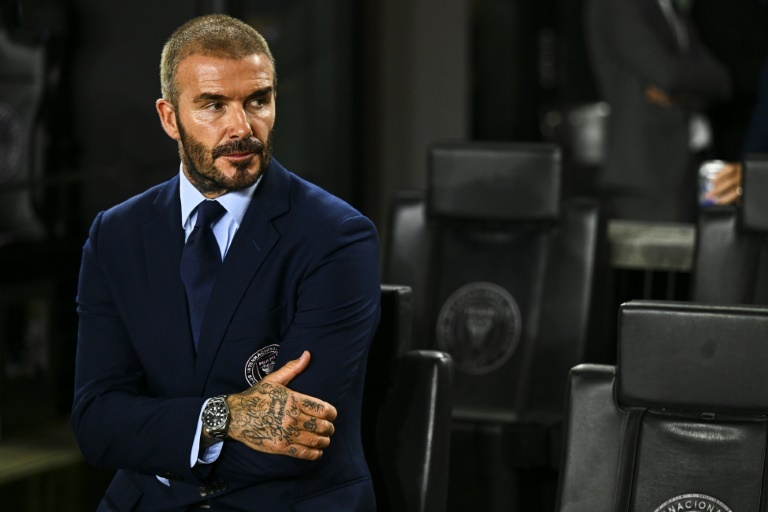
David Beckham has laid bare the lingering pain he felt he caused to his family following the red card he received at the 1998 World Cup, saying his dismissal left him a "mess".
1 year ago
The revelation is contained in a new Netflix documentary series entitled "Beckham", set for release on Wednesday, in which the ex-England midfielder looks back on a career that included spells at Manchester United and Real Madrid.
It also looks at his marriage to Spice Girls singer turned fashion designer Victoria. Beckham, now 48 and the co-owner of MLS franchise Inter Miami, was sent off for kicking the back of Diego Simeone's leg during a last-16 World Cup tie against Argentina.
England went on to lose the match following a penalty shoot-out, with Beckham widely blamed for the defeat in a public backlash that saw him repeatedly jeered by rival fans when in action for United during the following season.
In the documentary, Victoria Beckham said the continued abuse left her husband "absolutely clinically depressed" as the then 23-year-old tried to deal with the fallout alongside becoming a father for the first time in March 1999.
Beckham admitted the abuse "took a toll on me that I never knew myself". He said: "I wish there was a pill you could take which could erase certain memories. I made a stupid mistake. It changed my life.
"We were in America (on holiday after the World Cup), just about to have our first baby, and I thought, 'we will be fine. In a day or two people will have forgotten'."
Beckham added: "I don't think I have ever talked about it, just because I can't. I find it hard to talk through what I went through because it was so extreme.
"Wherever I went, I got abused every single day - to walk down the street and to see people look at you in a certain way, spit at you, abuse you, come up to your face and say some of the things they said, that is difficult. I wasn't eating, I wasn't sleeping. I was a mess. I didn't know what to do."
As for the wider impact, Beckham said: "It brought a lot of attention that I would never wish on anyone, let alone my parents, and I can't forgive myself for that.
"That is the tough part of what happened, because I was the one that made the mistake. It is only now that I am 47 years old, it is now that I beat myself up about it (still)."
Beckham's wife also received abuse while attending football matches to support her husband. "As horrible as it was to look up to Victoria in the stand (getting that abuse), it was the one thing which spurred me on," he said.
But the 1998/99 season ended in triumph on the field, with a United side managed by Alex Ferguson winning a remarkable treble of the Premier League, FA Cup and Champions League, with the European triumph sealed by two stunning goals in stoppage time in the final against Bayern Munich.
Beckham's former United and England teammate Gary Neville, who helped produce the documentary, recalled how the pair were "absolutely destroying teams" down the right flank for United.
But full-back Neville played down own his role, saying: "I was supporting him in a way which was to be fair, I would say I was a side dish really. Not the beef. I was the mustard on the side."
It also looks at his marriage to Spice Girls singer turned fashion designer Victoria. Beckham, now 48 and the co-owner of MLS franchise Inter Miami, was sent off for kicking the back of Diego Simeone's leg during a last-16 World Cup tie against Argentina.
England went on to lose the match following a penalty shoot-out, with Beckham widely blamed for the defeat in a public backlash that saw him repeatedly jeered by rival fans when in action for United during the following season.
In the documentary, Victoria Beckham said the continued abuse left her husband "absolutely clinically depressed" as the then 23-year-old tried to deal with the fallout alongside becoming a father for the first time in March 1999.
Beckham admitted the abuse "took a toll on me that I never knew myself". He said: "I wish there was a pill you could take which could erase certain memories. I made a stupid mistake. It changed my life.
"We were in America (on holiday after the World Cup), just about to have our first baby, and I thought, 'we will be fine. In a day or two people will have forgotten'."
Beckham added: "I don't think I have ever talked about it, just because I can't. I find it hard to talk through what I went through because it was so extreme.
"Wherever I went, I got abused every single day - to walk down the street and to see people look at you in a certain way, spit at you, abuse you, come up to your face and say some of the things they said, that is difficult. I wasn't eating, I wasn't sleeping. I was a mess. I didn't know what to do."
As for the wider impact, Beckham said: "It brought a lot of attention that I would never wish on anyone, let alone my parents, and I can't forgive myself for that.
"That is the tough part of what happened, because I was the one that made the mistake. It is only now that I am 47 years old, it is now that I beat myself up about it (still)."
Beckham's wife also received abuse while attending football matches to support her husband. "As horrible as it was to look up to Victoria in the stand (getting that abuse), it was the one thing which spurred me on," he said.
But the 1998/99 season ended in triumph on the field, with a United side managed by Alex Ferguson winning a remarkable treble of the Premier League, FA Cup and Champions League, with the European triumph sealed by two stunning goals in stoppage time in the final against Bayern Munich.
Beckham's former United and England teammate Gary Neville, who helped produce the documentary, recalled how the pair were "absolutely destroying teams" down the right flank for United.
But full-back Neville played down own his role, saying: "I was supporting him in a way which was to be fair, I would say I was a side dish really. Not the beef. I was the mustard on the side."

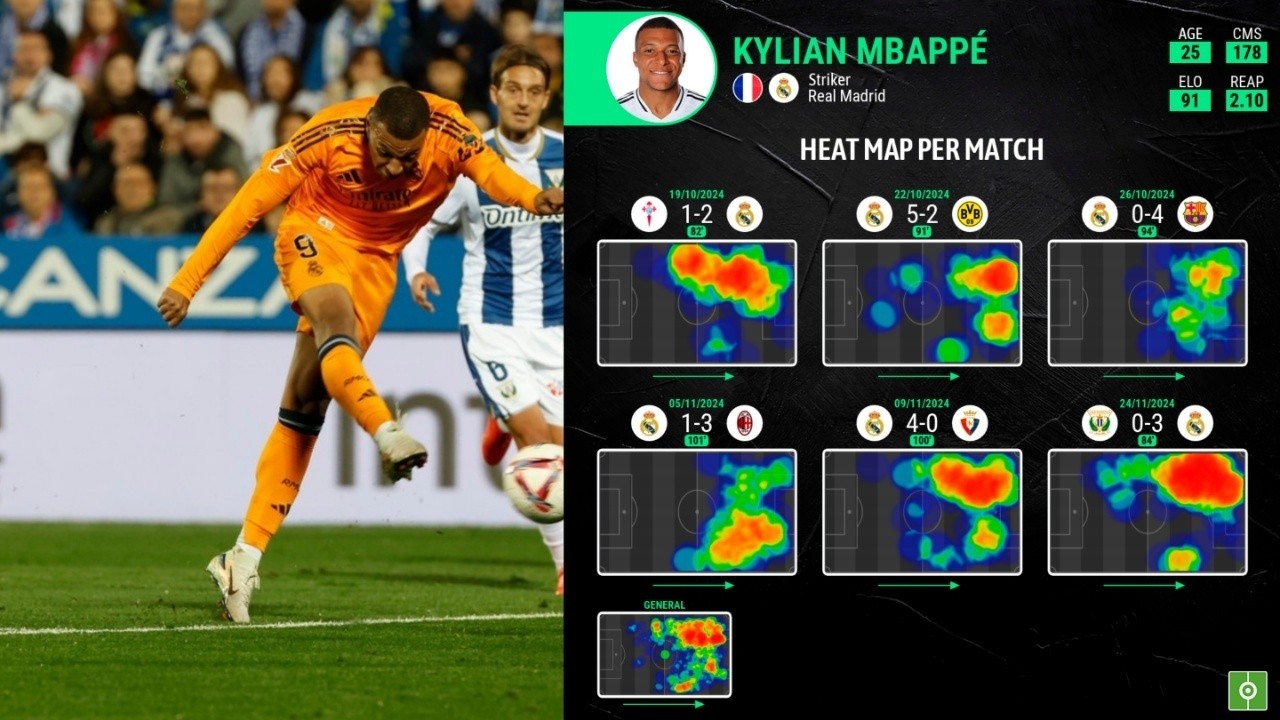
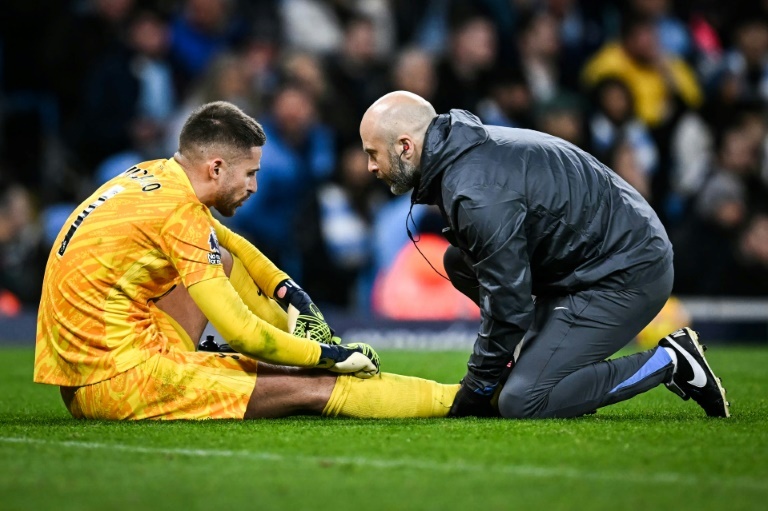
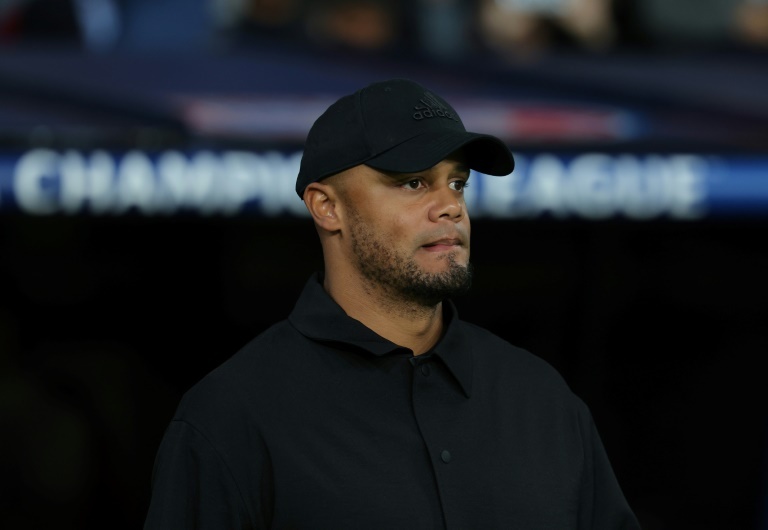
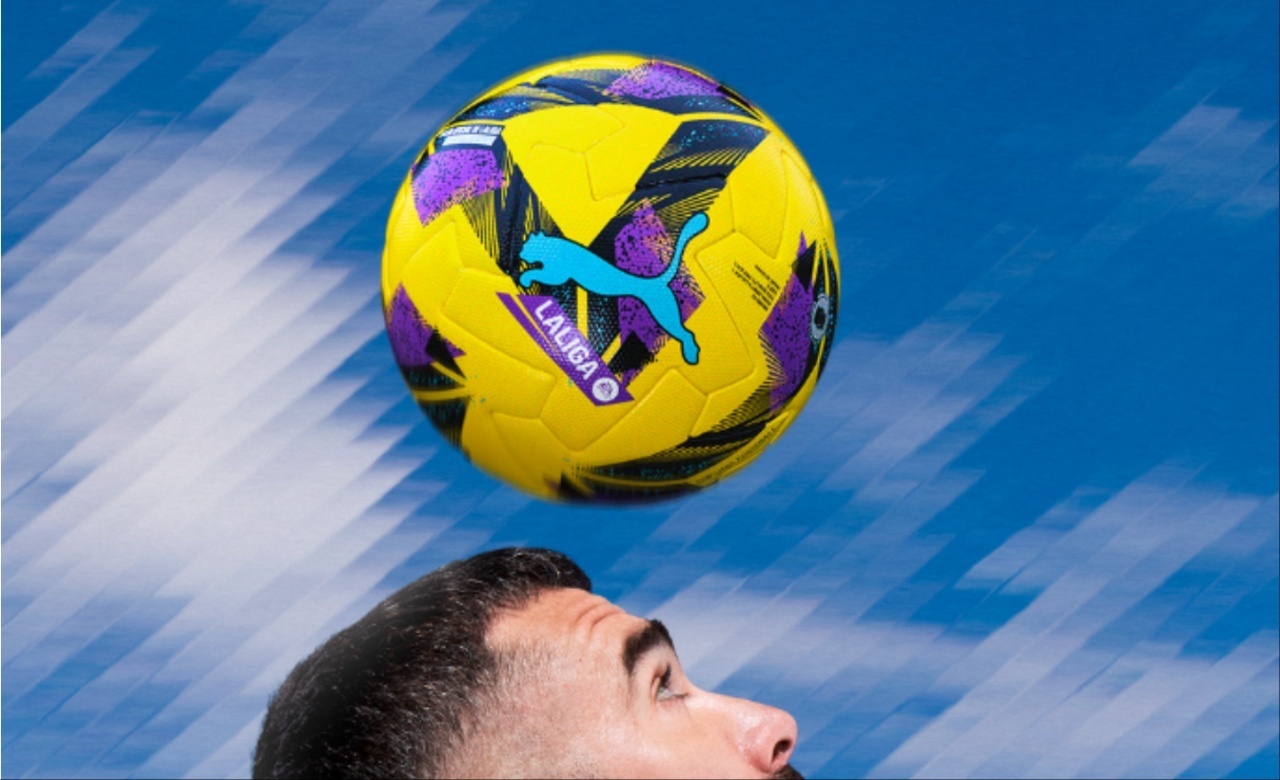
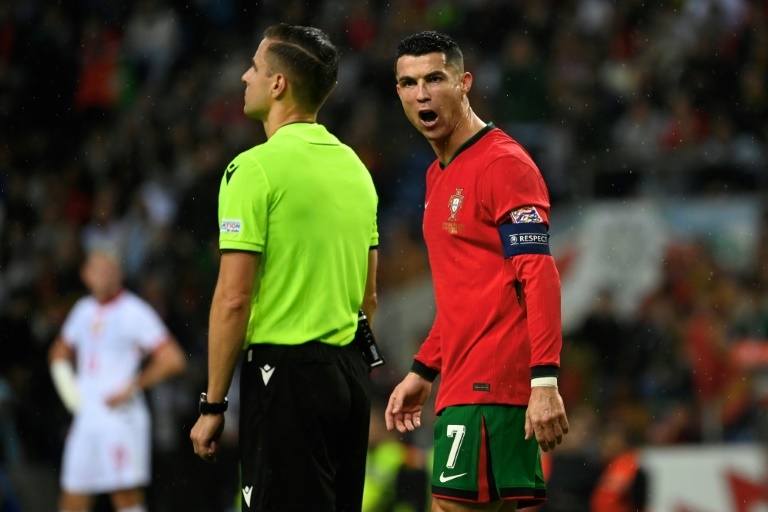
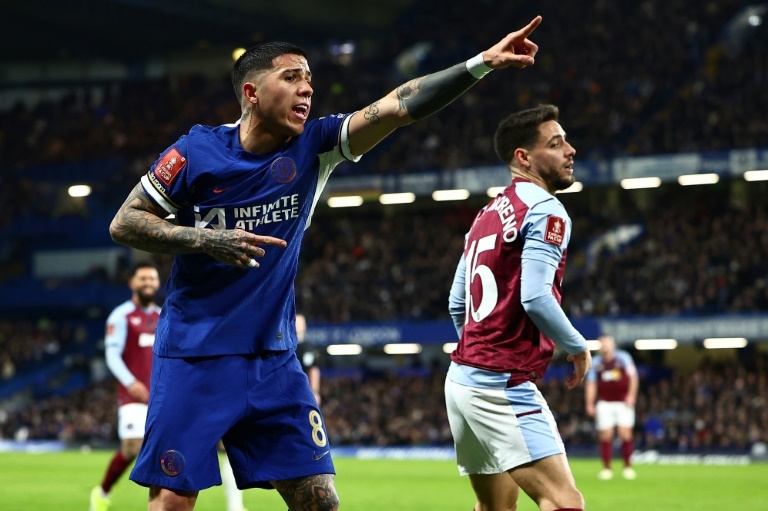
Comments